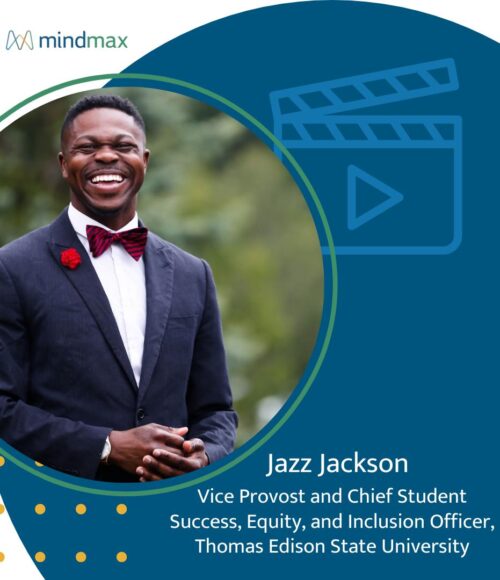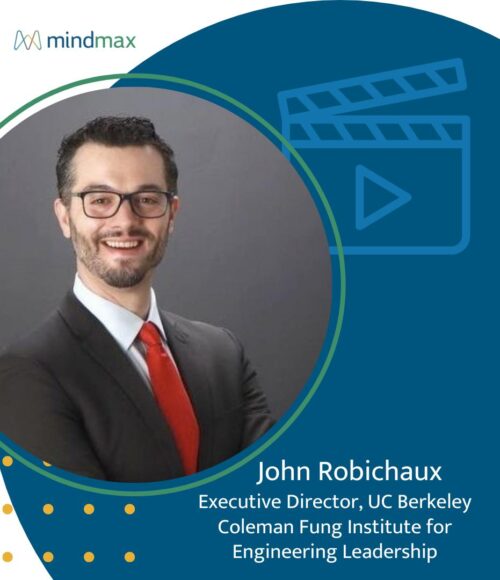Pink Floyd and Self-Directed Learning
Listening to my Classic Vinyl station this morning, I was transported to my teenage years listening to Pink Floyd’s “Another Brick in the Wall, Part 2,” which most of us remember for its rousing chorus of “We don’t need no education.” I viscerally remember the taboo, rebellious pleasure I felt playing it loudly on my parents’ stereo. The feelings I remember were of light and airy ideas proposed by this rock opera, written to build an emotional defense out of scars of life experiences. Maybe it was the predominantly white album cover, but I really had a bright and hopeful experience of the music.
Listening to it this morning as a middle-aged man with teenage children and working my entire life in the field of learning, it sounded dark, cynical, and a little sad. In other words, it probably sounded more like what Roger Waters had in mind when he wrote it. In an interview in Mojo in December 2009, Rogers noted, “You couldn’t find anybody in the world more pro-education than me. But the education I went through in boys’ grammar school in the ’50s was very controlling and demanded rebellion.”
Far be it from me to argue semantics with one of the greatest writers in the history of rock and roll, but I have never believed in education. Instead, I have passionately promoted learning as the most transformative pursuit in one’s life. The difference to me between education and learning is profound. The institutional heaviness and rule-oriented characteristics of education that I now recognize in the song have felt ritualistic, constraining and rigid, triggering a desire on the part of many to rebel and break out. Learning is different, though, and learning in my life has been ever present, always accessible, fluid, both fun and painful, and everything in-between.
Avoiding the Wall through Self-Directed Learning
As a teenager, separating from my parents, finding an identity, and developing a stronger sense of self, was the main driver of my behavior and worldview. Spreading my intellectual wings, I realized that learning was not only my personal responsibility, it was fun and liberating. There were no walls or restriction. All experience was worthwhile as long as I learned from it.
Today’s educational system is struggling to find itself despite great tensions between more structured models and attendant standardized testing and more open approaches to teaching and learning. Teachers themselves are rebelling against the standards and the grade-obsessed so-called learning environments that have resulted from our desire to race to the top.
We need to look to the alternatives, those more nurturing models like the Khan Lab School and the AltSchool that are willing to experiment and are exploring ways to foster open, independent, personalized learning where walls become less of an issue.
When self-directed learning is encouraged or designed into a school, it becomes more about learning than educational models. Children who are more in charge of their learning are more invested in it. And that can be immensely helpful in a world where we don’t know what we are going to need to know in order to get a good job five years from now.
Opening the Door through the Wall with a Little Acceptance
Today, I am quite discerning about what information I consume and expose my ears and eyes to. We are bombarded by the media and we are always connected; this can be exhausting.
One the more complicated challenges I have today is navigating how to work with our teenagers so that they discover the joy of ABL (Always Be Learning). Somehow there is something to be learned from the plethora of dystopian teenage movies, apocalyptic video games and perhaps even the Kardashians.
I need to remember the stunning moment that opened the door to the wall of my teenage constraints on my view of learning. I was lying on the living room floor cranking Floyd on the stereo, when my mother, the teacher, walked by and said, I really like that “We Don’t Need No Education” song.
I am inspired to help this next generation of learners to discover their capability and responsibility to Always Be Learning.
Related Ideas
Jazz Jackson Wants to Help Every Student Finish What They Start

John Robichaux Wants Lifelong Learning to Drive Public Impact
